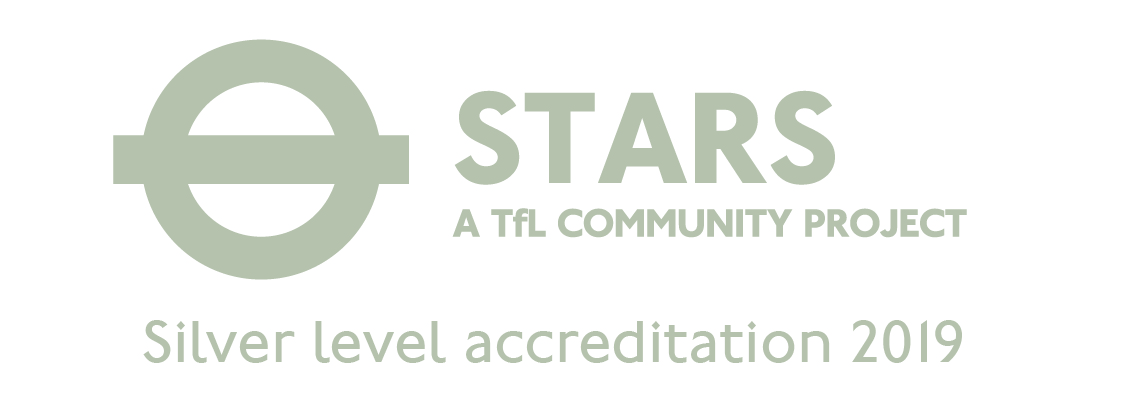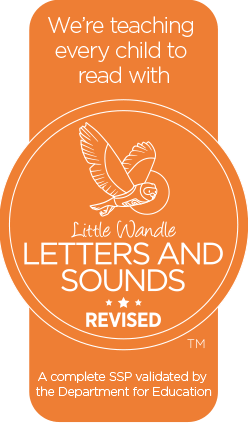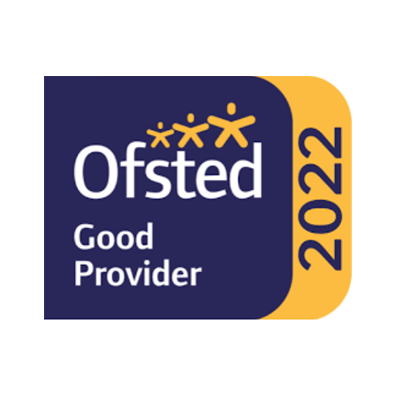PSHE - Implementation
At St Joseph's, every class follows the Southwark PSHE Curriculum and through this, we cover the National Curriculum guidance for PSHE.
Our personal, social and health education (PSHE) curriculum brings together citizenship with personal well-being, whilst promoting fundamental British values alongside our school values. PSHE is taught through discreet lessons and is integrated into our subject curriculums. It underpins all out of the classroom activities including assemblies, educational visits and extra-curricular clubs. We offer a cohesive whole-school approach which enables our children to become healthy, independent and responsible citizens.
Also, in addition to this, PSHE is also taught within other subject areas and as part of the creative curriculum through class topics.
PSHE is also to be addressed on a daily basis as questions and incidents arise. At times, teachers may choose to hold a circle-time session in response to a particular event or issue.
Whole school and key stage assemblies will provide extra opportunities to enhance pupils’ spiritual, moral, social and cultural development, promoting our school’s values and celebrating achievement.
Teaching activities will be planned according to the different levels of children’s skills and previous knowledge. A range of teaching strategies and learning styles will be used in delivering this policy with an emphasis placed on active learning. These will include:
- Circle time and class discussion
- Role-play and drama
- Visits and visitors when appropriate
- Group work
Learning
Following the implementation of the broad and balanced PSHE curriculum at St Joseph's, children will be respectful, independent, responsible and confident members of society within London and the wider world. They will be equipped with tools to maintain healthy and positive lifestyles with regard to relationships, diet and their own personal identity. As they become more confident throughout the areas of PSHE and progress in the related skills, children will understand their personal role in society. The most significant impact that we want for our pupils is the development of respect for themselves and others. Pupils are supported in applying the skills they are learning, in real-life situations as they arise: e.g. resolving conflicts; working a part of a group on a project.
- Be independent and responsible members of the school community
- Develop self-confidence and self-esteem and make informed choices regarding personal and social issues
- Develop good relationships with other members of the school and the wider community
- Prepare children for the opportunities, responsibilities and experiences of adult life
- Raise pupils’ confidence and self-esteem.
Assessment
In the EYFS, class teachers assess children’s development and progress in PSHE by making informal judgements as they observe children. Alongside these judgements, teachers use the personal, social and emotional objectives (as stated in Development Matters) to make more formal judgements of children’s progress and development in this prime area of learning. Teachers keep a record of children’s achievements through daily observations and evaluations, or photographs.
In KS1 and 2 teachers assess children’s work in PSHE by making assessments as they observe them working during lessons. They record the progress that children make by assessing the children’s work against the learning objectives for their lessons. Children can self-assess, as well as peer-assess in order to aid their progress.




 Camberwell Catholic Schools'
Federation
Camberwell Catholic Schools'
Federation







